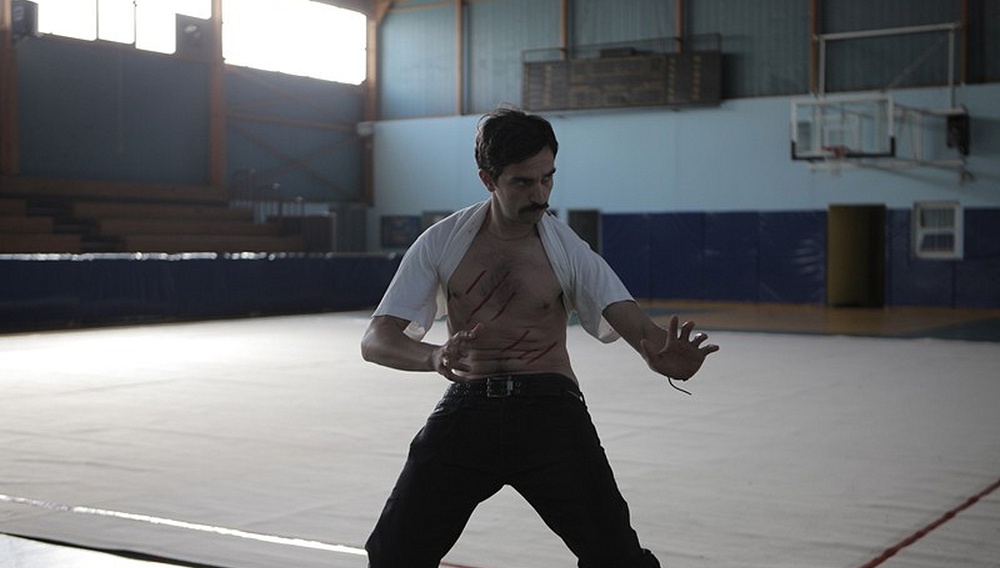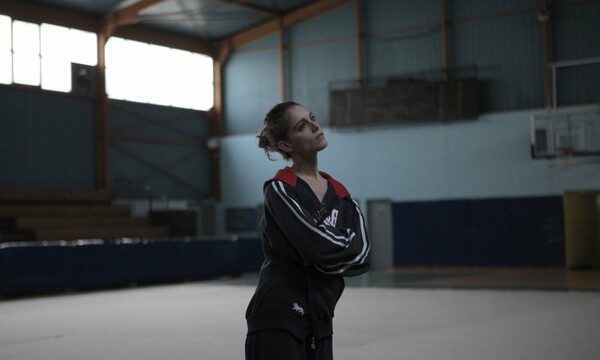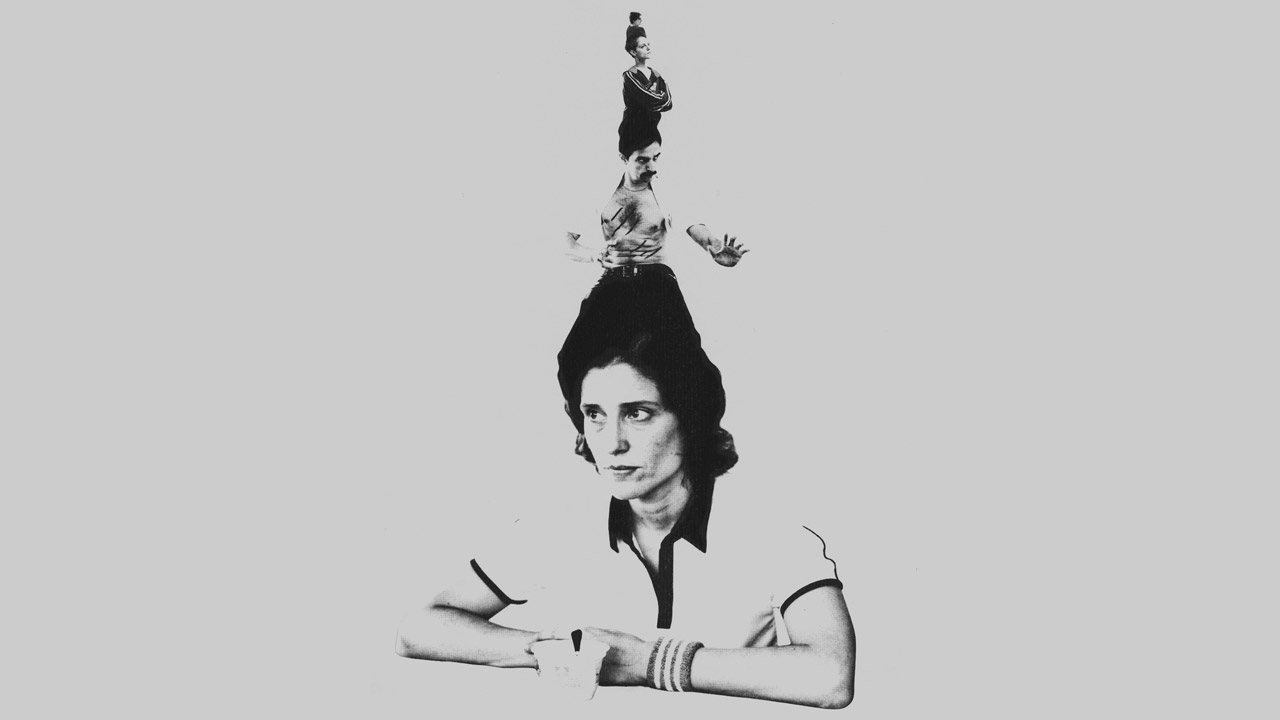By Maria Gkika,
A nurse, a paramedic, a rhythmic gymnast, and her coach have formed a strange team. They replace dead people, recruited by friends and relatives that try to deal with the pain. The group is called the “Alps” and its leader, Mont Blanc, has set certain unbreakable rules that all team members are required to follow. Eventually, the nurse stops obeying these rules, as the lines between reality and act are getting blurred…
For everyone who has seen the films by Yorgos Lanthimos, the term “weird cinema” sounds familiar. Whether one likes his distinctive films, no one can deny their uniqueness. With his partner collaborator in the screenplays, Efthymis Filippou, they created once again a thought-provoking story told in a peculiar manner that mirrors the paradox of human nature.

The camera pays almost no attention to the faces of the desperate relatives, as the center of gravity of the film; its point of view is about the people impersonating someone else. While each one’s reasoning is not explained, we come to see the impact of their macabre “job”. The leader maintains a cold detachment and professionalism, the young athlete struggles to conform and survive the pressure from her mysterious coach and the nurse forgets she is the actress and not the role. The need to maintain a fake reality not only does not fill the void of the loss of the relatives of the dead but also leads the nurse to a dark addiction and a lack of sense of self. Though it could seem like a surreal theme to be discussed, it actually portrays a very normal occurrence. People tend to replace those they lost, those who hurt them, those they did not have, and those they could not be. Human emotion is sacrificed in the effort to experience emotion. Some eventually manage to move on from the grief, while others get stuck in an endless loop.
The portrayal of the actors is characterized by the absence of the usual evocation of emotion, a mechanical exchange of dialogue that aptly emphasizes the uselessness of the strange condition. Lanthimos chooses to hint at a great depth of emotion, solely through occasional dancing and spontaneous acts of violence, hidden below the robotic speech of the actors. The replacement of the dead in such a cold and cynical way makes it impossible for the hypnotized relatives to move forward but traps everyone involved in a ridiculous, absurd, and toxic situation. With an open ending, the film lets the viewer draw their own conclusions and find their way through the confusing landscape. Cinematography expertly enhances the bleak element of the film and the noticeable lack of music.

All in all, Alps is a film in which everything is harmonized, it is a result of cinematic sense and talent. The screenplay is challenging and manages to make the viewer question some very important things. However, the monotone rhythm steals the tension and the road to escalation can be tiring. The script does not hold any surprises or an emotional payoff and can leave the audience with mixed feelings.
References




